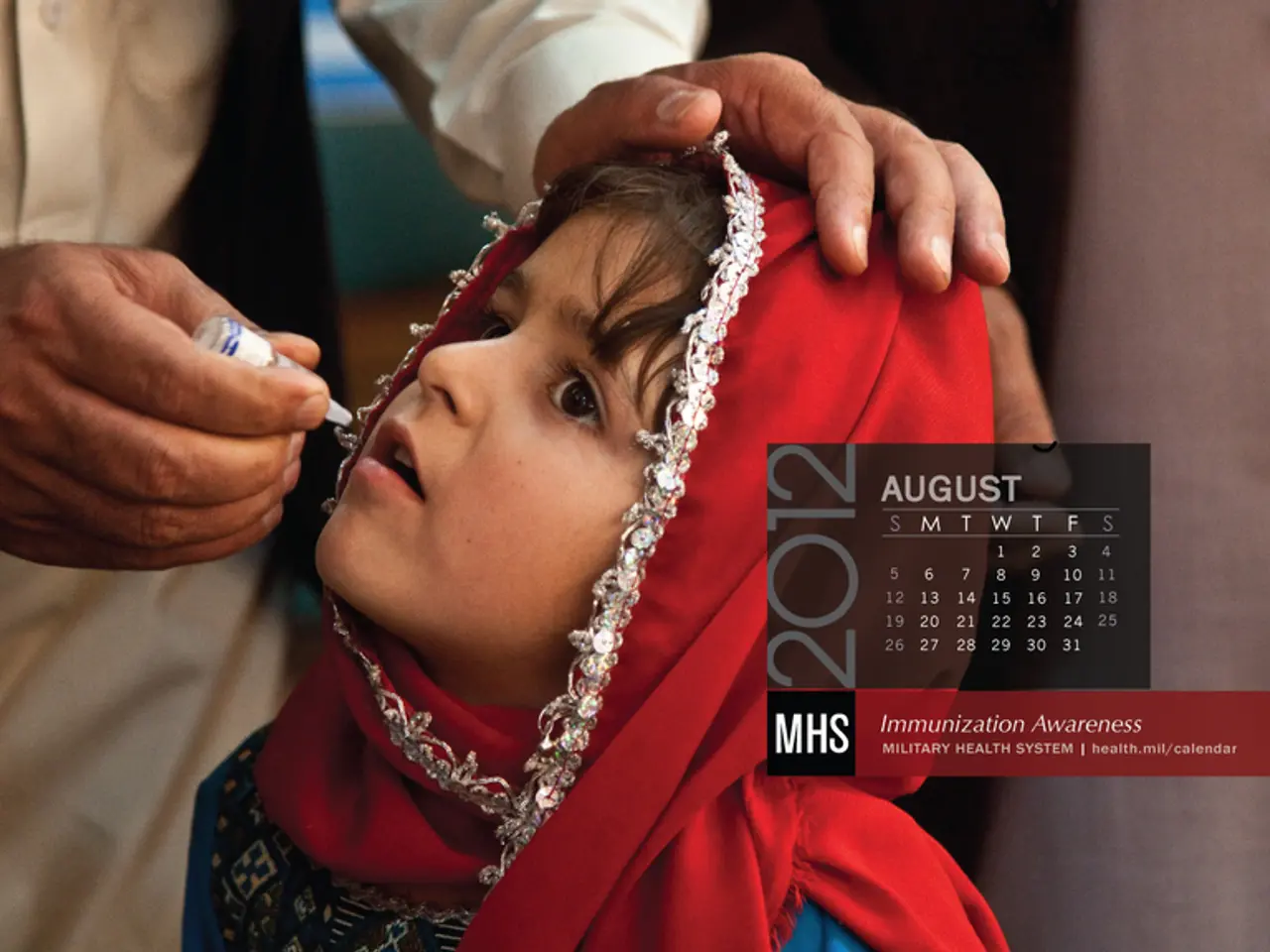Misinformation Hinders Global Vaccination Efforts, Germany Included
Misinformation about vaccines, fueled by social media and political forces, is hindering global vaccination efforts. Despite Germany's successful vaccination program, the issue remains a tangled mess of aggressive anti-vaccination sentiment, skepticism, fatigue, and lack of knowledge.
The problem is exacerbated by the politicization and commercialization of public health. Top-down campaigns often miss those most in need. Vaccination programs face challenges due to misinformation, with debates about mandates and recommendations causing harm. The pharmaceutical industry's profit focus and bypassing of poor countries further erodes trust in vaccines.
Key actors, including public health authorities, political decision-makers, healthcare providers, and community organizations, are actively engaged in targeted and participatory strategies to boost vaccination willingness. Tools like GSK's Vaccine Track support these efforts with data analysis, while organizations such as DAG SHG e.V. and NAKOS emphasize the role of health-related self-help in strengthening social cohesion and relieving the health system.
While complaints about vaccination programs in Germany are justified, they pale in comparison to the challenges faced in many Global South countries. Targeted, low-threshold offers and participatory strategies are crucial to improve vaccination willingness worldwide.
Read also:
- Americans Lose Insurance Under New Tax Legislation, Affecting 10 Million Citizens
- Pro-Life Group Condemns FDA's Approval of Generic Abortion Drug
- Trump Signs Law Defunding Planned Parenthood, Threatening Healthcare Access for Millions
- Historian Ute Frevert Explores Germans' Emotional Bond With Constitutions







